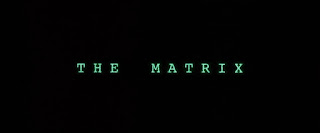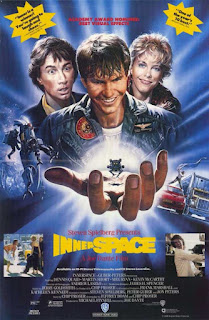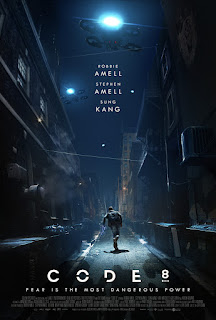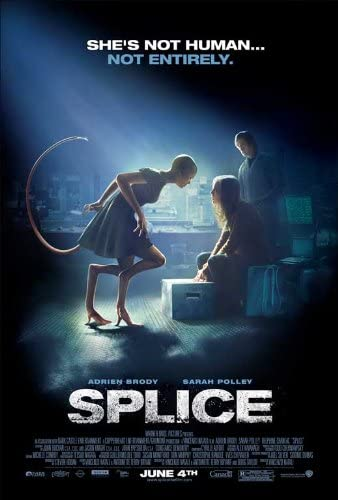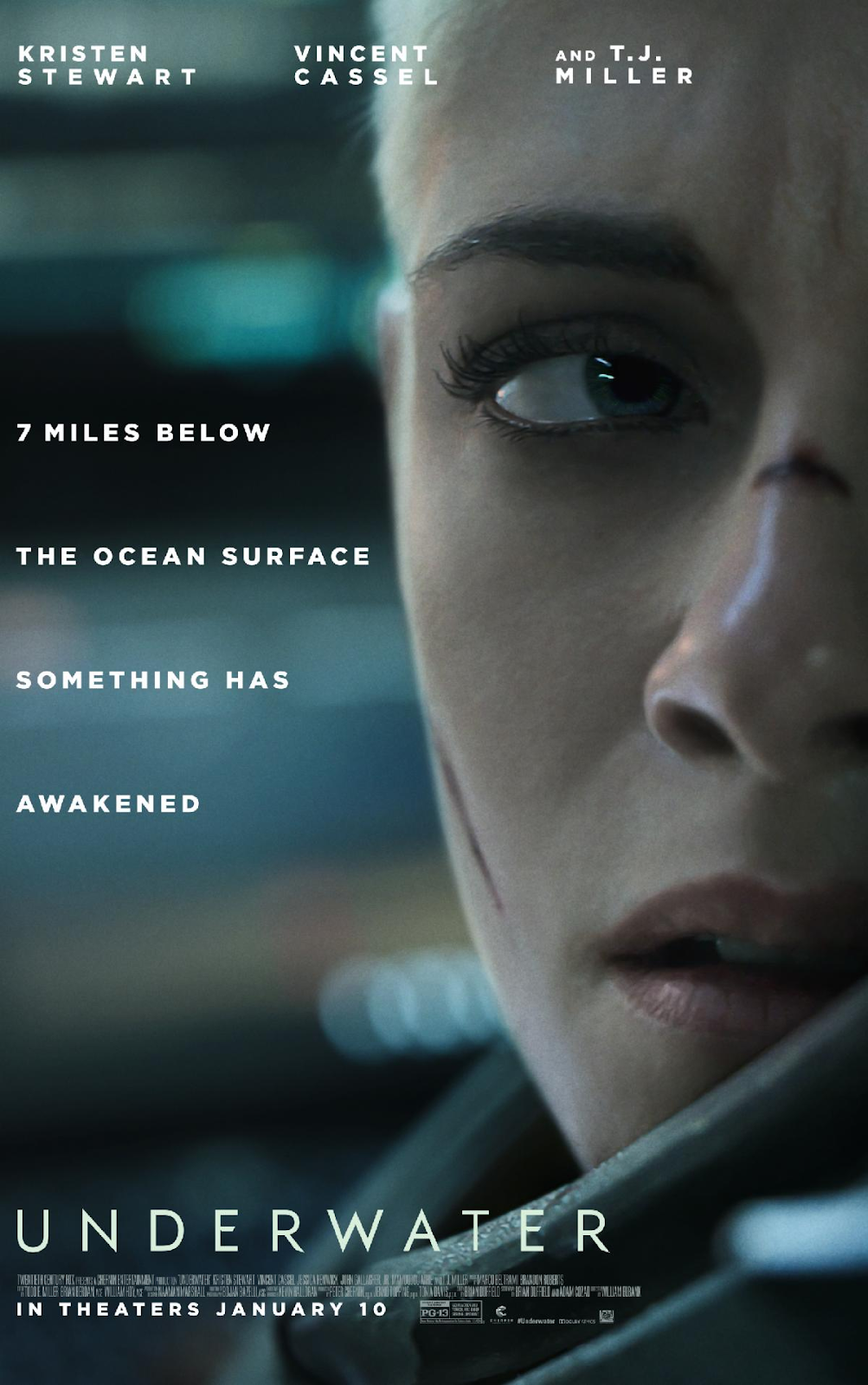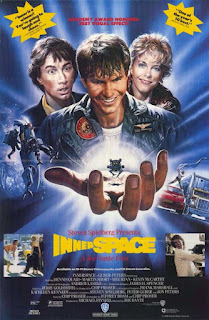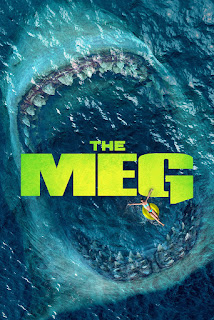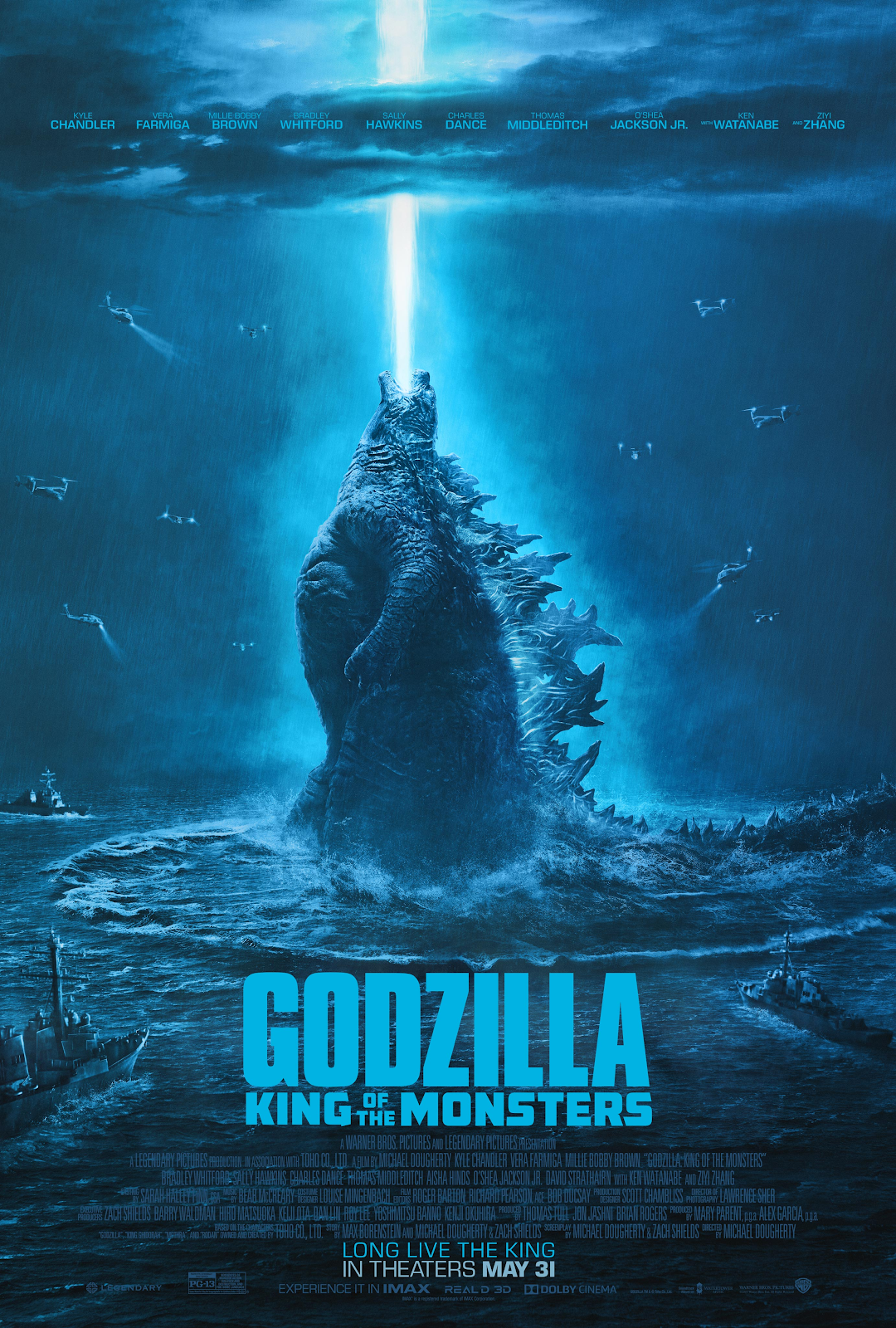Other Important Information
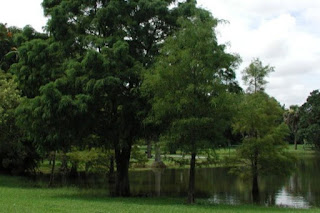
Location - My group plans to film at Easterlin park 1000 NW 38th street, Oakland Park, FL 33309 and at a group member's house. Schedule- 2/26/22-2/27/22 - My group will gather all necessary props and costumes. Though it is important to my group that spending is kept to a minimum, I will go to a hardware and costume store to gather the necessary equipment I need for my group's characters, costumes and props. 2/28/22-3/3/22 - I will finalize and complete my entire storyboard. 3/5/22-3/6/22 - My group will start filming. This means my group will go to the first location, Easterlin park. While my group is at the park, scenes one through ten will be filmed, however my group will only film the parts of these scenes that require the usage of the park. During these scenes, including myself, three members of my group will be acting while one member films. 3/9/22 - Filming will continue. My group will film scenes three, five, eight, and ten. The parts being filmed in thes...
